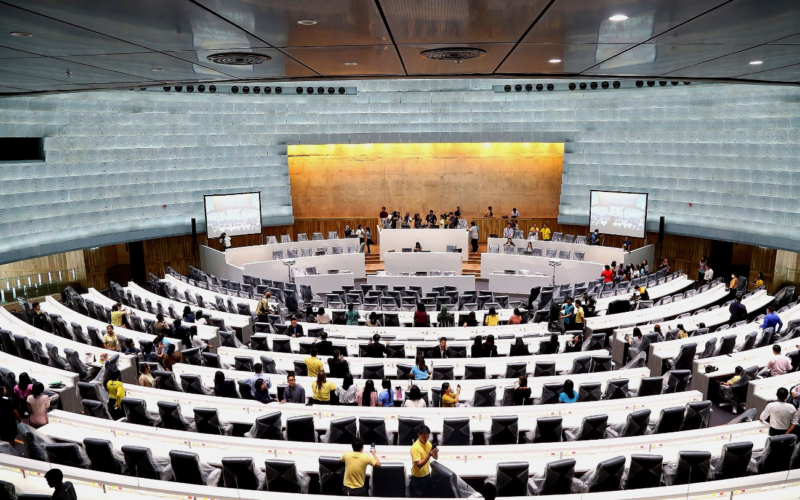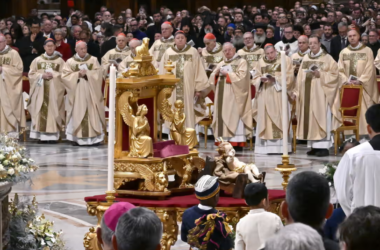In a significant development, a Thai Member of Parliament, Rukchanok “Ice” Srinork, has been sentenced to a six-year jail term under Thailand’s stringent lese-majeste laws. The 28-year-old MP had pleaded not guilty to charges related to critical tweets targeting the monarchy. Despite her release on bail pending an appeal, the conviction raises concerns about the impact of lese-majeste laws on freedom of expression in Thailand. This incident comes amid ongoing opposition to such laws, with mass protests in 2020 highlighting discontent and calls for reform.
Rukchanok “Ice” Srinork, a member of the Move Forward party, faced legal consequences for her social media posts critical of the monarchy. The party, having won the recent election, advocated for lese-majeste law reforms. However, the unelected senate utilized this stance to block the party’s attempt to form a government. The lese-majeste laws have been a contentious issue, leading to prolonged protests in 2020, during which around 260 charges were filed under these laws, affecting around 2,000 individuals involved in the demonstrations.
The conviction of a 26-year-old man earlier this week for shouting at a royal motorcade underscores the continued enforcement of lese-majeste laws. This individual was released on bail, highlighting the severity of legal consequences even for seemingly minor incidents. Rukchanok “Ice” Srinork, found guilty of insulting the monarch, now faces the prospect of losing her parliamentary seat if her appeal is unsuccessful.
Move Forward, the political party to which Rukchanok “Ice” Srinork belongs, witnessed several young candidates achieve unexpected victories in the May general election. Despite facing lese-majeste charges, some of the party’s prominent figures were activists involved in the 2020 protests. The movement aimed at sweeping reforms in Thailand’s institutions gained momentum after the dissolution of Future Forward, Move Forward’s predecessor, in 2020. The lese-majeste law, officially a national security measure, was revived extensively following the bold demands for royal reform during the protests.
Thailand’s lese-majeste law, known for its broad scope, presents challenges for mounting legal defenses. The law’s use as a national security measure is criticized for limiting freedom of expression. Trials are often held behind closed doors, with limited opportunities for independent observation. Defendants often face substantial pressure to plead guilty, given the high conviction rates, with judges frequently halving sentences for those who admit guilt. The lengthy legal proceedings contribute to a form of “judicial attrition,” hampering the ability of activists to organize and sustain protest movements.
The sentencing of Thai MP Rukchanok “Ice” Srinork under lese-majeste laws highlights the persistent challenges to freedom of expression in Thailand. The impact on political figures, particularly those associated with the Move Forward party, raises concerns about the future of dissent and activism in the country. As the legal landscape continues to shape the trajectory of protests and political engagement, the international community observes closely, considering the implications for human rights and democratic principles in Thailand.








